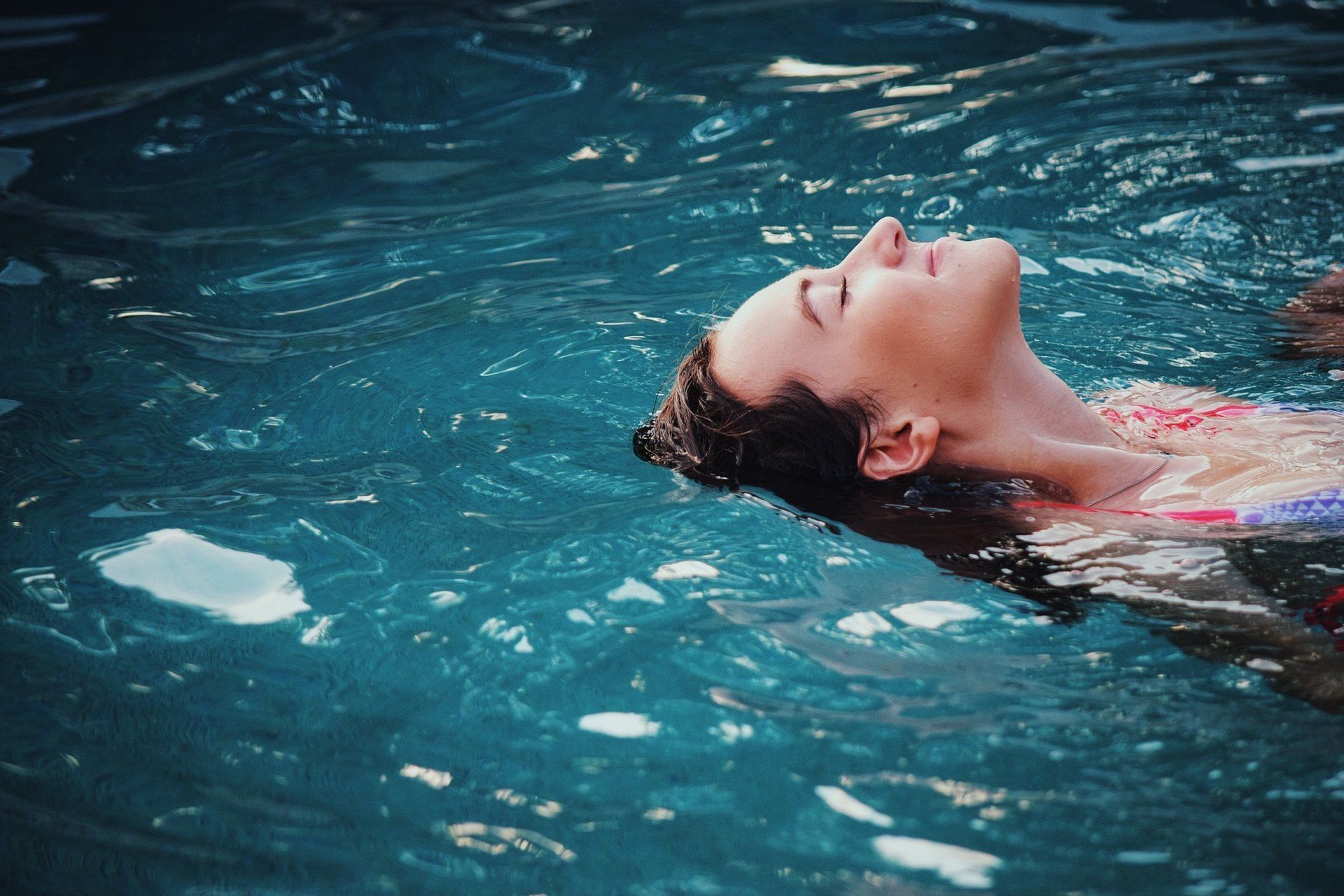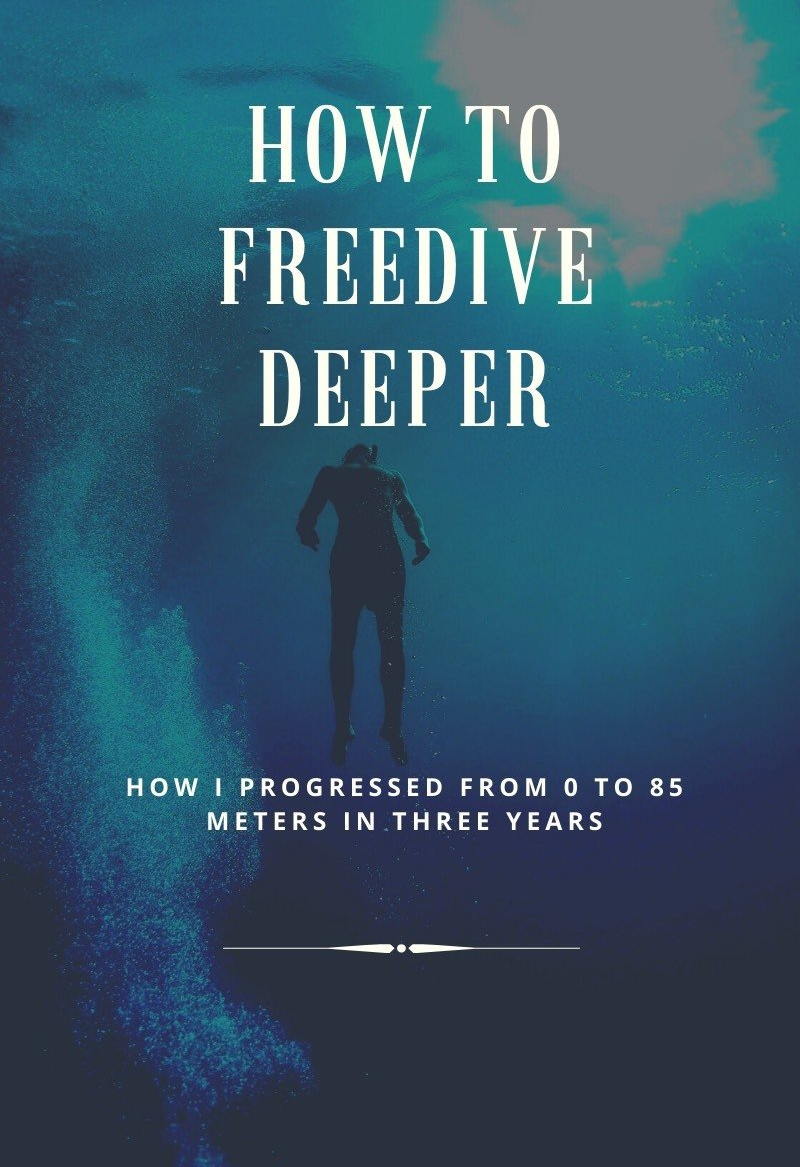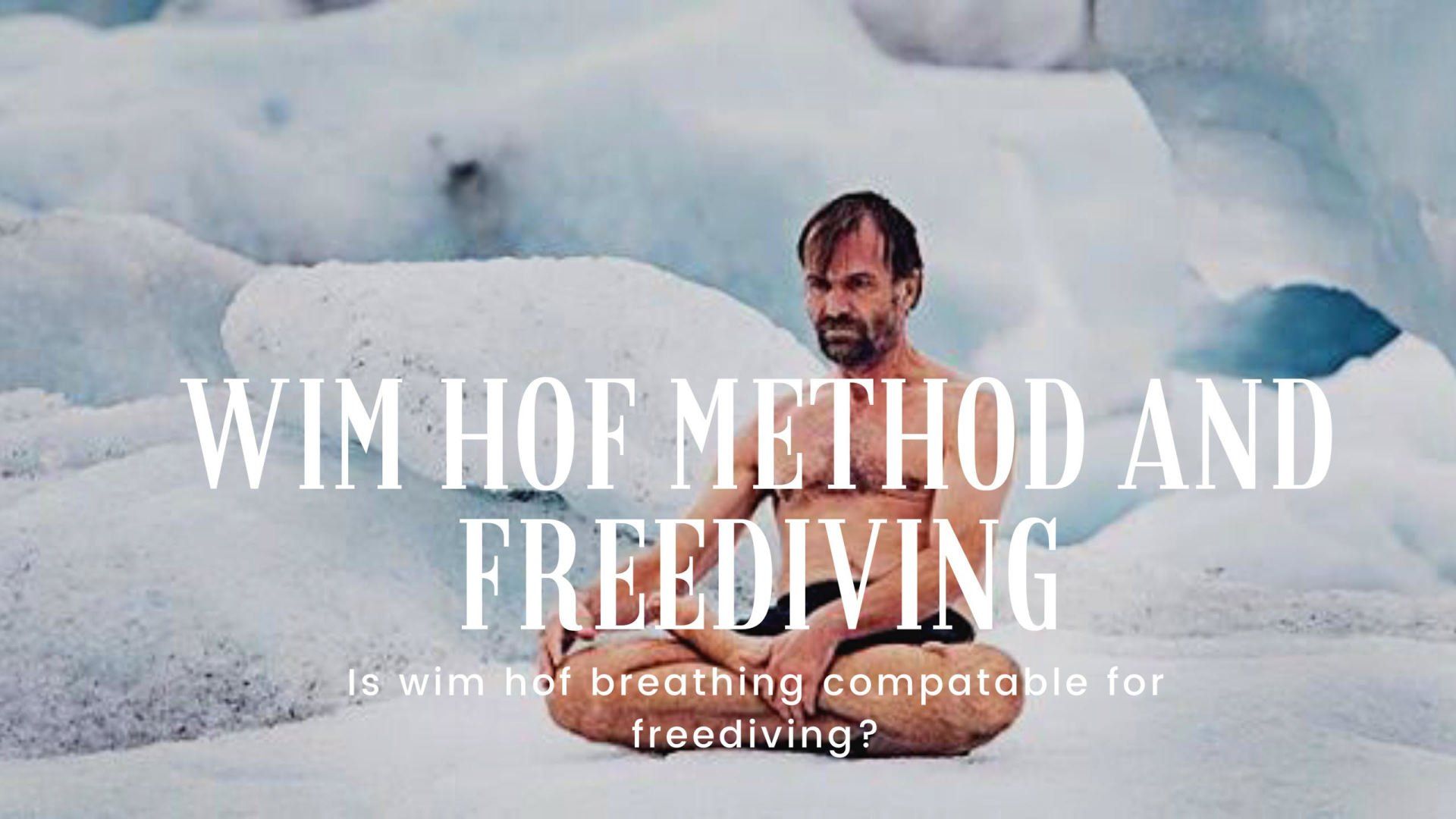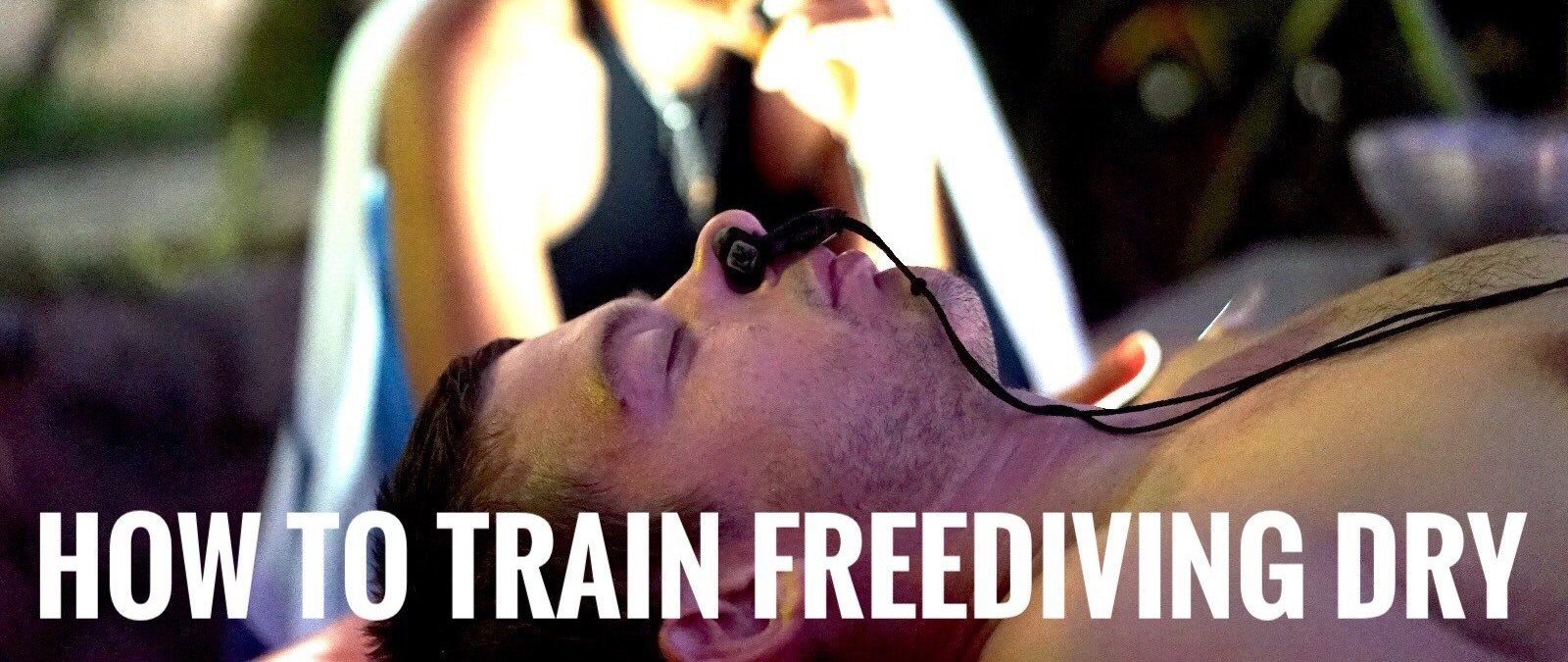Can you get decompression sickness (Bends) while freediving?
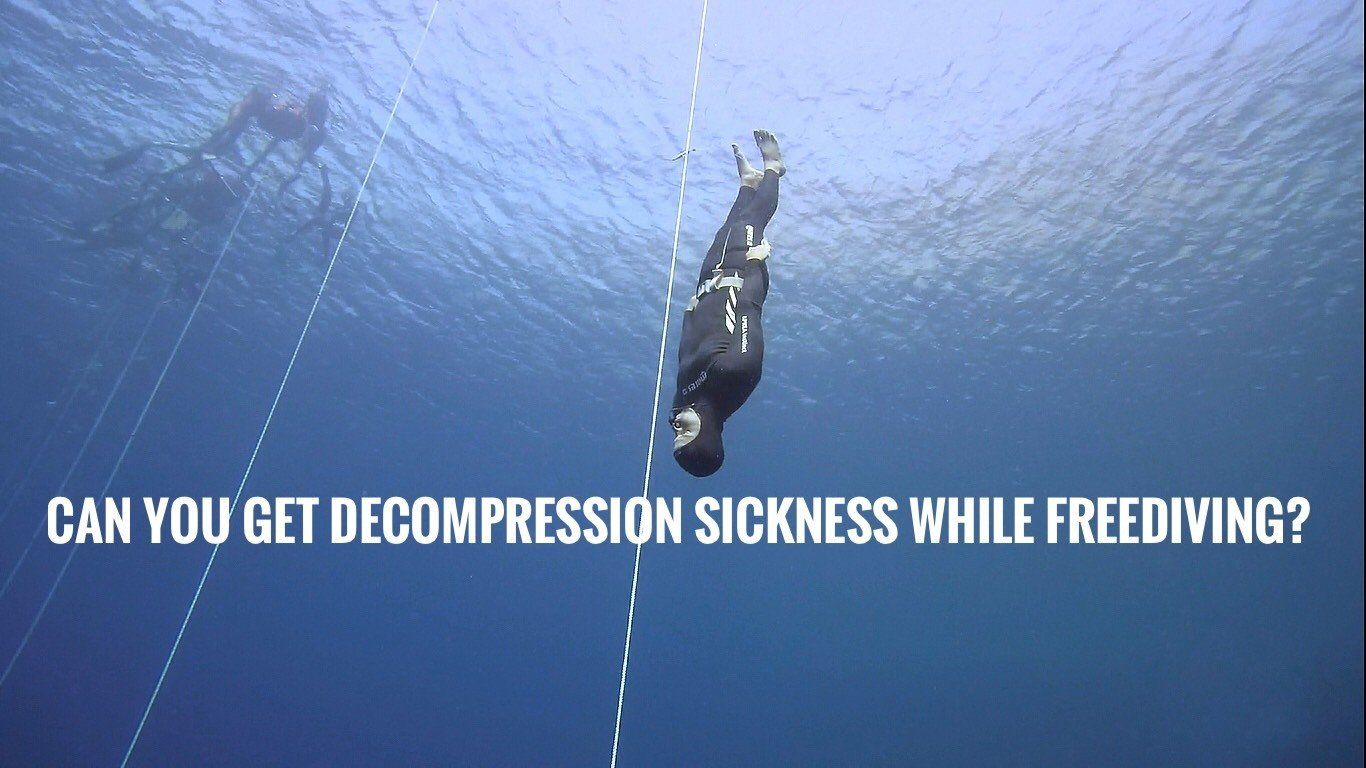
In scuba diving you learn that you shouldn't swim up faster than the bubbles you exhale. And you should also do a decompression stop before you reach the surface.
What is decompression sickness? This is what happens in the body when you get decompression sickness
So what happens is that, nitrogen bubbles build up in the body and are not properly dissolved before resurfacing.
The nitrogen bubbles in your system might then get stuck and block tiny blood vessels. This can lead to heart attacks, strokes, ruptured blood vessels in the lungs and joint pain.
Here below is a link to a story of one of my freediving friend who recently got decemopression sickness while in a competition in Indonesia.
https://www.dansa.org/blog/2020/03/27/getting-decompression-sickness-while-freediving#:~:text=Unlike%20when%20breathing%20compressed%20gas,dives%20over%20a%20short%20time.
- Not enough surface interval
- Too long time at depth
- Multiple deep dives (+55m)
- Dehydration
- Lack of sleep
- Being overheated
- Genetically factors
- Muscle fatigue
Have sufficient time on the surface in-between dives
Don't dive more than one time a day deeper than 50 meters.
Drink enough water
Be sure that you are well hydrated when spending time in the water, especially when in a warm climate.
Bring a water bottle to the buoy and drink some while on the surface.
Sleep at least 7 hours the night before freediving
We have seen that there is an increased risk of getting decompression sickness when tired and exhausted, so make sure to have a good nights sleep before going out diving.
So, what are the symptoms of decompression illness?
- Localized deep pain, ranging from mild to excruciating. Sometimes a dull ache, but rarely a sharp pain.
- Active and passive motion of the joint aggravates the pain.
- The pain may be reduced by bending the joint to find a more comfortable position.
- Itching, usually around the ears, face, neck, arms, and upper torso
- Sensation of tiny insects crawling over the skin
- Mottled or marbled skin usually around the shoulders, upper chest and abdomen, with itching
- Swelling of the skin, accompanied by tiny scar-like skin depressions
- Altered sensation, tingling or numbness, increased sensitivity.
- Confusion or memory loss
- Visual abnormalities
- Unexplained mood or behaviour changes
- Unconsciousness
- Ascending weakness or paralysis in the legs
- Problem urinating
- Girdling (also referred to as girdle, banding, or tightening feeling) around the abdominal region and/or chest
- Headache
- Unexplained fatigue
- Generalised malaise, poorly localised aches
- Loss of balance
- Dizziness, vertigo, nausea , vomiting
- Hearing loss
- Dry persistent cough
- Burning chest pain under the sternum, aggravated by breathing
- Shortness of breath
Can you get decompression sickness from just shallow snorkeling?
The short answer is Yes, although you would have to do a serious amount of shallow dives with almost no surface interval during many hours to risk that. I have heard stories from some of my spearfishing friends that have gotten the bends from a day trip of spearfishing for 8 hours diving to deph of maximum 20 meters. The reason why they got decompression at that time was probably because they didn't spend enough time on the surface between the dives.
If you on the other hand would be snorkeling around at the reef of say 5 meters, it would be most unlikely to run the risk of decompression sickness, Just due to the sheer volume of diving one would have to do.
The most important thing you can do to mitigate the risk of getting decompression sickness
If there is one thing that you should remember from this article, then that is to spend sufficient time on the surface in-between dives. Be it if you dive to 10 meters, or to 50 meters. Always spend at least 3 times the dive time on the surface between the dives (if the dive is shallower than 30 meters).
Freediving is one of the safest activity one can do, if practiced according to the safety standards. And part of the safety standards should be to consider the risk of decompression sickness.
I hope that this article have cleared up some questions, and hopefully will let you safely enjoy the underwater world!
Share article:


